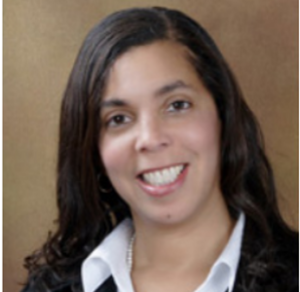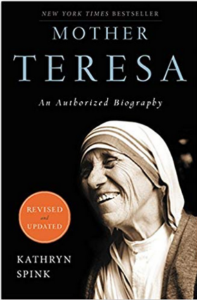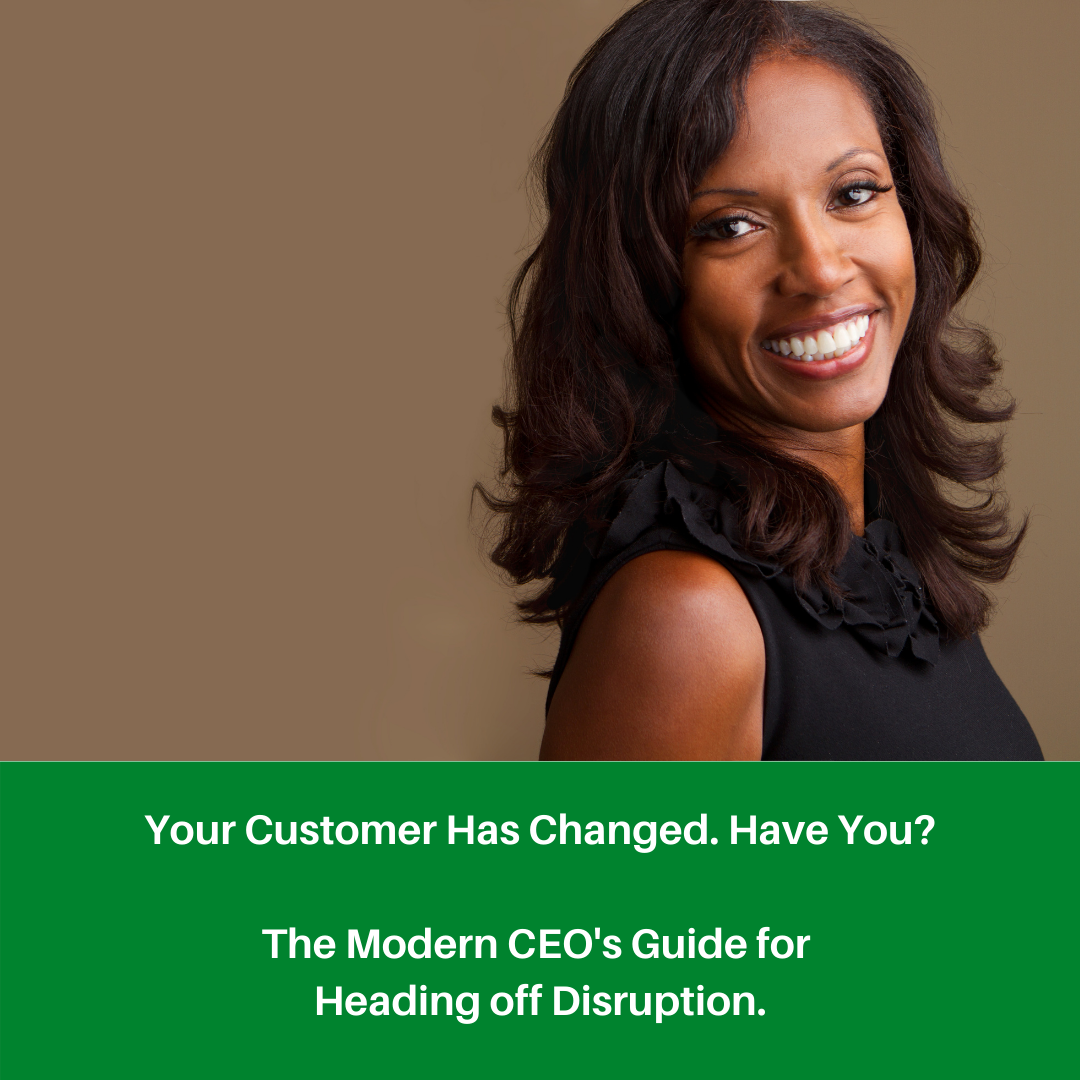The New CEO Series
“A New CEO is built,” said Dr. Taylor.
The CEO role and the internal capabilities required to grow a company are rapidly being redefined. The New CEO is grappling with the:
- Shift from shareholder to stakeholder
- Seismic demographic, ethnic, and gender transference from Baby Boomers to Gen Xers, Millennials, and Gen Zers
- Reimagination of physical products to digital products and multiple services
- Recognition that understanding customer behaviors, not transactions are redefining customer relationships,
- Realization that we’re in a Gilded Age where the veneer of everything is great to the Authenticity Age where leaders, consumers, and communities are leveraging social business and corporate social responsibility to solve the challenges we face.
If I had one word to describe Dr. Clishia Taylor, CEO of American Health Care Professionals, Co-Founder of Bless My People Foundation, and Director of Global Health Access (GHA) Institute, it would be innovator. Dr. Taylor wears a lot of hats, including nurse, CEO, co-founder, administrator, lobbyist, and entrepreneur.
The last in our Four-Part The New CEO Series discussion with Dr. Taylor we discuss how she defines what is The New CEO. Read the earlier segments: Part One, Part Two, and Part Three of the series.
_______________
The New CEO
Carla A. Fleming (Fleming): When you think of The New CEO in today’s environment, how would you define The New CEO?

Dr. Clishia Taylor. Photo Credit: Dr. Clishia Taylor.
Dr. Taylor: The New CEO is going to be very diverse in their seat, diverse in their backgrounds. They don’t see things in a silo. They don’t see things through a single lens. They see things in a broad perspective and they are not going to take away from the current CEOs. They have their place and they will grow and improve. But the new CEOs are coming in with a global lens and that’s going to be the big difference for them.
Fleming: The existing CEOs, you kind of got your foot in both camps – The Old CEO versus the New CEO. How are they different? How are they similar?
Dr. Taylor: I’m a believer of evolution, not in the sense of evolution versus creation as a Christian. You need to know when it’s time to hand the baton to the next generation of CEO because it’s important to recognize the changing marketspace which impacts the company lifecycle, and shifting customers, employees, and communities.
However, you have wisdom and you have lessons learned that The New CEO could utilize The Old CEO as an advisor. Don’t get old. Leverage that experience and prepare.
The Old CEO sees things from a different perspective and The New CEO should not throw out the old CEOs knowledge, wisdom, and lessons learned. It’s dangerous.

CEOs. Photo Credit: Canva.
The Old CEO has gone down that road and there are things they can say to you and speak into you. For example, if you look at the old CEO of Walmart, what he learned is still very relevant today. Follow the consumers. It’s a component. Know what the customer wants, not what you want. So, I think that is a continuum.
The baton is the company that connects The Old CEO to The New CEO. Once, The New CEO receives the baton, they should know The Old CEO is cheering them on as an advisor and are a fount of wisdom.
I look back to what the patient, as The Old CEO, was telling me when she said ‘Don’t get old’ because I was The New CEO. She was passing on the baton of life to me.
The New CEO has to understand the value of an advisory team consisting of The Old CEO.
Fleming: When I told you, I was coming up with the blog about The New CEO, you said the most important thing is that the CEO is built. The numbers that we’re seeing when we talk about The New CEO – they’re more diverse, meaning by age, gender, and ethnicity. In a way entrepreneurship has democratized the pathway to becoming CEO versus the traditional path of becoming a CEO through a publicly traded company or family-run business.
Dr. Taylor: There are just so many factors that go into building a CEO. For example, a person coming out of Ghana see things differently because of the way the industry is run in their country. When they come to the US, they see how we do things and combine their experience from home with their experiences in the US. Because of their unique lens, they are creating something new and different.

Social Entrepreneur. Photo Credit: Canva.
How we learn and how we enter the role of CEO is changing. You can literally watch people start a business and overnight become a CEO on YouTube of a major company. We’re democratizing how and who becomes a CEO of a company.
The New CEO is not far removed from the consumer. They understand the consumer because the consumer is them. The New CEO understands where the consumer experience is broken and is diving in to fix it, whether as a company or a social business.
Fleming: To wrap up this conversation, who is the most interesting CEO or Founder you know or think I should know?
Dr. Taylor: Florence Nightingale. She was born on May 1820 into a wealthy, upper class and well-connected British family. At the age of 16, she experienced one of several “calls from God.
She viewed her particular calling as reducing human suffering. Nursing seemed the suitable route to serve both God and humankind. However, despite having cared for sick relatives and tenants on the family estates, her attempts to seek nurse’s training were thwarted by her family as an inappropriate activity for a woman of her stature.
Nightingale was a disruptive innovator. She was a statistician (an early data scientist), and a social reformer who was the societal champion of modern Nursing. Nightingale instituted environmental care in hospitals and in clinic settings. She instituted nursing rounds at night using a lamp to monitor the sick and dying. Nightingale uses statistics to monitor infection control by measuring quality outcomes.
Fleming: Who currently should I know?
Dr. Taylor: Current would have to be Amazon’s Jeff Bezos. I think we all need to look at what he did because he really has disrupted retail and book publishing for two examples. He’s a disruptive innovator.
Fleming: Are you spending more time thinking about partnerships now?
Dr. Taylor: I spend all of my time thinking about partnerships. In my industry, where we’re doing training, it’s all about collaboration.
Fleming: What are you reading?
Dr. Taylor: Outside of the Bible? I read a lot. I have a very large library. Lately, I’m reading a lot of medical books on medical conditions. I’m reading Lewis Medical Surgical Nursing. It’s what I’ve been reading lately for my leisure reading. But, I do read a lot about social entrepreneurial pioneers and a lot of biographies.
Fleming: Who is your favorite biography subject?

Mother Teresa. Photo Credit: Harper Collins
Dr. Taylor: Mother Teresa.
Fleming: What are you getting out of reading those biographies?
Dr. Taylor: Their mission, their vision, and their drive. In the center of it all was always humanity.
Mother Teresa and the ladies went out to the dumpster in India to dig people out of the dumpster. Imagine being at a place in your life where you’re sick and you go into a dumpster to bury yourself to die. Somebody finds you there, digs you out and brings you back and nurses your wounds and feeds you.
Your mind can go tomorrow where you become so psychotic that you become homeless. The world doesn’t want to deal with your mental illness.
I think that’s just so remarkable. That’s what I get out of it. I get out hearing these stories about humanity because that’s really to me what that is all about.
Thank you to Dr. Taylor for sharing her wisdom and insights about The New CEO.
In 2020, we will celebrate the 200th anniversary of Florence Nightingale. Also, next year the UN will recognize the “2020 International Year of Nursing and Midwife.” For more information, watch the video, courtesy of Global Health Access Institute.
If you find this interesting, please share on LinkedIn, Twitter, Instagram, or Facebook.
Photo Credits: Dr. Clishia Taylor, Canva, and Harper Collins.



You must be logged in to post a comment.